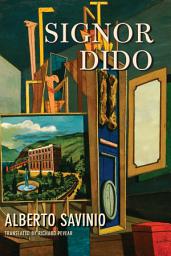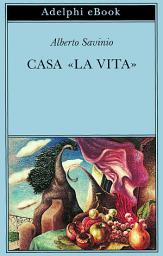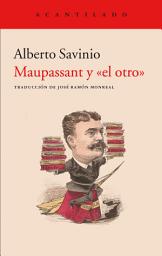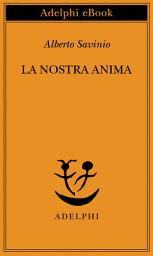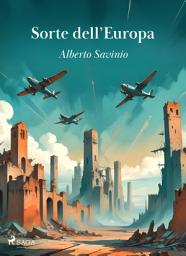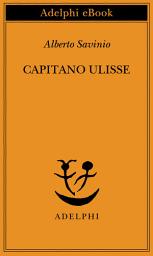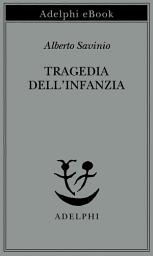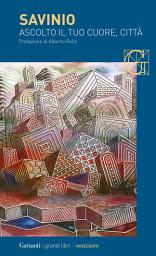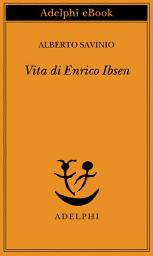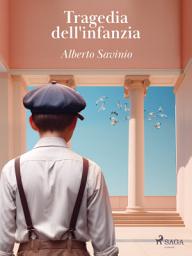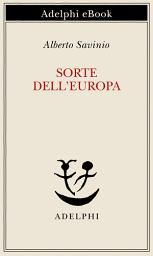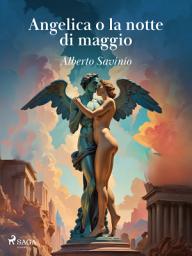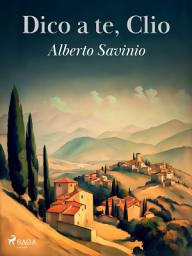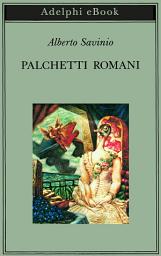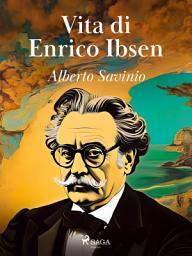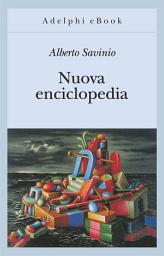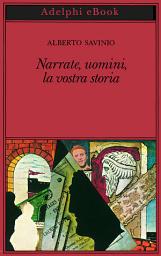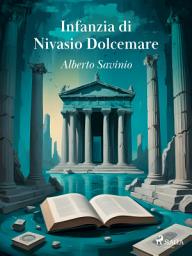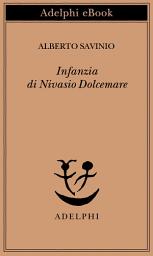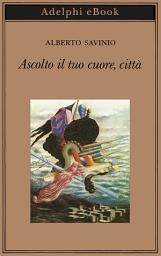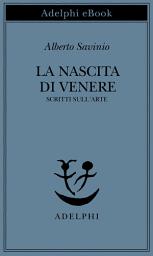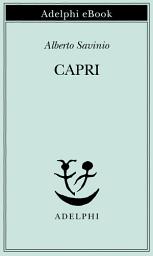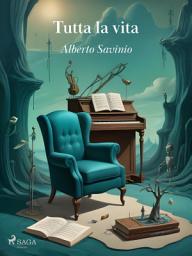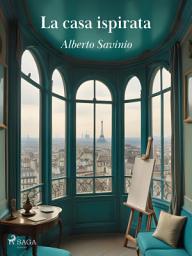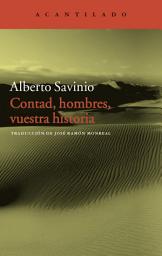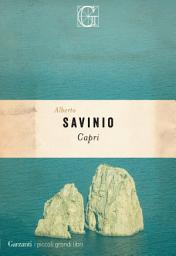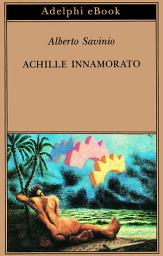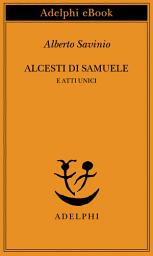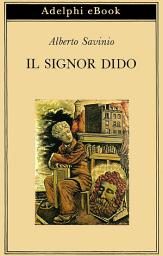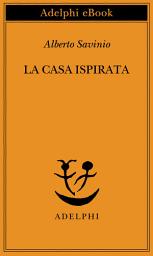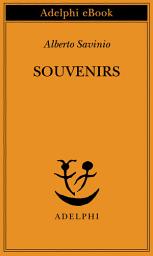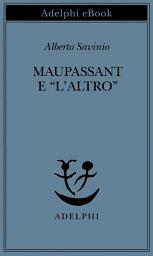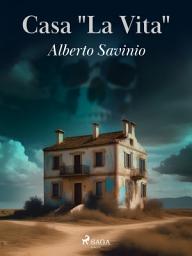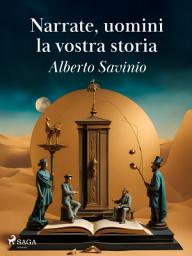Alberto Savinio
ALBERTO SAVINIO (1891-1952) was born in Athens, Greece as Andrea Francesco Alberto de Chirico, a child of Italian nobility and younger brother of 'metaphysical' painter Giorgio de Chirico, and was a writer, painter, musician, journalist, essayist, playwright, set designer and composer. He was tutored in piano and composition by renowned musician Max Reger, and composed a three-act opera, Carmela, to great acclaim. On moving to Paris he became friends and acquaintances with many figures in the Modernist movement of arts and writing, including Guillaume Apollinaire, Pablo Picasso, Jean Cocteau, Max Jacob, and Fernand Léger. In 1914 He founded the musical movement Sincerismo (Sincerism), favoring dissonance and rhythm, while also publishing the dramatic poem Les Chants de la mi-mort (The Songs of Half-Death). He met and befriended Italian Futurist painter Carlo Carrà while serving in WWI, founding with him the Scuola Metafisica (Metaphysical Painting) movement under the influence of Giovanni Papini, and published Hermaphrodito (1918), Tragedia dell'infanzia (Tragedy of Childhood) (1920), his ballet Perseus (1924) and La Casa Ispirata (The House of Spirits) (1925), Angelica o la Notte di Maggio (Angelica or the Night in May) (1926), and Infanzia di Nivasio Dolcemare (The Childhood of Nivasio Dolcemare) (1941), and wrote further operas while also having a career as a painter.Savinio's work is aggressively modernist: Hermaphrodito melds autobiography, fiction, thoughts and fantasies, while La Casa Ispirata stands as a darkly comic and grotesque revue of modern life, both hyper-real and fantastically abstract, with great attention being given to the unconscious.
Ebooks
